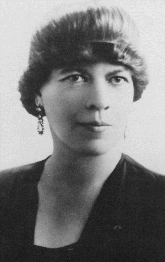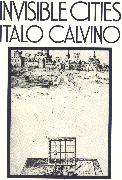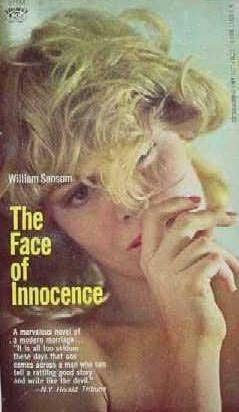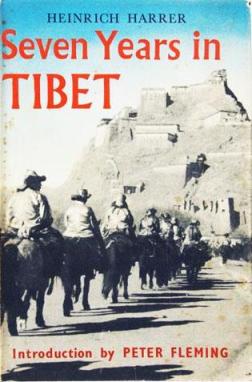 Love in the Time of Cholera by Gabriel Garcia Marquez
Love in the Time of Cholera by Gabriel Garcia Marquez
Is love a sickness? Certainly, in the case of Florentino Ariza, it is: a morbid, life-long sickness. The vast sweep of this book, in both temporal and psychological terms, makes it difficult to summarise in any meaningful way. The narrative begins with what is in effect a long introduction, culminating in the death of one of the main characters. We are then taken back over the preceding fifty-year-long story of the convoluted relations between Dr. Juvenal Urbino, his wife Fermina Daza and the complex and enigmatic Florentino Ariza.
Thomas Pynchonheads his review of this book The Heart's Eternal Vow, which is as good a summation of Florentino's situation as any. (http://www.themodernword.com/pynchon/pynchon_essays_cholera.html)
But his is not the only heart, or the only eternal vow, which Marquez scrutinizes.
Pynchon begins: ‘….love is strange. As we grow older it gets stranger, until at some point mortality has come well within the frame of our attention, and there we are, suddenly caught between terminal dates while still talking a game of eternity.’
Love in the Time of Cholera has been described as ‘an anatomy’ of love. Underlying the whole narrative is the unspoken question ‘What is love?’; possible answers come in a bewildering variety, but always elusive, tentative. It is this Proustian exploration of complexity, of acceptance of the impossibility of saying the last word, which makes the book so satisfying (to me, at least!) Pynchon summarises it by saying that ‘it could be argued that this is the only honest way to write about love, that without the darkness and the finitude there might be romance, erotica, social comedy, soap opera -- all genres, by the way, that are well represented in this novel -- but not the Big L.’
The whole context of the story is one of wars and pestilence, played out in the steamy climate of a post-colonial Carribbean city.
Dr. Urbino and Fermina Daza are married in an initially loveless marriage, contracted because she was of the age when it was expected that girls of her class would marry and he was ‘a good catch’; and, on his side, because he sought the stability and confirmation of social standing which marriage brought, and she was beautiful and accomplished. But mutual dependence, the need for security, grows into one of the many forms of love which are described throughout the narrative, although not without cost to Fermina; all the various limitations and frustrations of her life come pouring out one day, when she shouts at her husband: “You don’t know how unhappy I am” , to which his response is to ‘burden her with the weight of his unbearable wisdom’, saying: “Always remember the most important thing in a good marriage is not happiness, but stability.”
Many years later, when the eminently respectable and morally upright Doctor is forced to confess to her an adulterous involvement with another woman, she leaves him in a fury of rage and jealousy, until, eventually, he comes to fetch her home. Still haughty and ‘determined to make him pay with her silence for the bitter suffering that had ended her life’, she nonetheless returns because the love which has grown between them over their years of shared, everyday intimacy, the ‘stability’ of the life she has with him, has become more important than her hurt pride.
The third person in what proves, indeed, to be an ‘eternal triangle’ is the love-lorn Florentino Ariza, who remains dedicated to the idea that he is in love with Fermina for over fifty years. His is the obsessive, slightly paranoid face of love; it is Proust’s Swan and his obsessive love for Odette, Charley Summers in Henry Green’s Back, refusing to accept the fact of love’s end even faced with the objective reality of death.
An important element in Florentino’s story is the way in which, over the years he spends in waiting for her, he uses sex as an antidote, a way of assuaging the heart-ache of his unrequited love for Fermina. After his first sexual encounter, he realises that ‘At the height of pleasure he had experienced a revelation that he could not believe, that he even refused to admit, which was that his illusory love for Fermina Daza could be replaced by an earthly passion.’ Thereafter, while convincing himself that he remains viriginally untouched and faithful to his idealised love, he lives a hectic erotic life, relentlessly pursuing sexual conquests with a vast number of women in many different situations, some of whom are much more to him than uncomplicated sexual pairings. More of love's many-faceted aspects are revealed to us in these relationships.
In old age, Florentino and Fermina are finally united and although it could be said that love has conquered all - time, age, bereavement - their happiness in each other is set against a background of irreparable loss and decay, not only that of their own physical decline into decrepitude but of the world around them. The final irony is that they can only stay together by sailing the rivers under the yellow cholera flag to protect their privacy and to enable them to remain undisturbed in their mutual obsession.
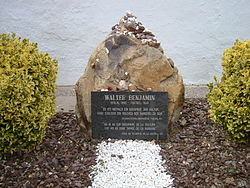 From Nobody’s Home
From Nobody’s Home











